



If you step into Dhaka,you’ll immediately feel the city’s pulse—a vibrant,chaotic rhythm that somehow feels like a warm embrace rather than a rush. The streets buzz with life:rickshaws painted in bright colors weaving through the traffic,the scent of spices and street food mingling in the air,and the chatter of vendors calling out their wares. It’s a place where tradition and energy collide,creating a unique atmosphere that’s both overwhelming and inviting. Walking through Old Dhaka,you’ll be drawn into narrow lanes lined with centuries-old buildings,their walls telling stories of a rich history. The aroma of freshly fried fuchka (puffed,crispy snacks filled with tangy tamarind water) will tempt you at every corner,while the sound of street musicians and the clatter of tea glasses in roadside stalls add layers to the city’s soundtrack. It’s a feast for the senses,where every turn offers a new discovery. What makes Dhaka truly special is its people—their warmth,resilience,and infectious enthusiasm. Whether you’re sharing a meal of biryani or bargaining for handmade textiles,you’ll feel a genuine connection to the city’s heart. Dhaka isn’t polished or predictable; it’s raw,real,and endlessly fascinating. If you’re ready to dive into a place that challenges and charms you in equal measure,Dhaka will leave an impression you won’t forget.
The information on this page is currently being reviewed by Tripkliq and should be used as a guide only
Eng word: Hello
Eng pronunciation: Hello
Local language: হ্যালো
Eng word: Goodbye
Eng pronunciation: Biday
Local language: বিদায়
Eng word: Thank you
Eng pronunciation: Dhonnobad
Local language: ধন্যবাদ
Eng word: How much
Eng pronunciation: Koto
Local language: কত
Eng word: Toilet
Eng pronunciation: Toilet
Local language: টয়লেট
Eng word: Help me
Eng pronunciation: Amake shahajyo korun
Local language: আমাকে সাহায্য করুন
Eng word: Yes
Eng pronunciation: Haa
Local language: হ্যাঁ
Eng word: No
Eng pronunciation: Na
Local language: না
Eng word: Excuse me
Eng pronunciation: Maf korben
Local language: মাফ করবেন
Dhaka was founded in the 4th century BCE and has a rich history spanning over 2,000 years.
Dhaka was an important city during the Mughal Empire and served as the capital of Bengal for over 75 years.
Under British colonial rule, Dhaka grew as a major administrative and commercial center.
During the Bangladesh Liberation War in 1971, Dhaka was the site of intense fighting and the declaration of independence.
Dhaka is known for its Mughal and British colonial architecture, with landmarks such as Lalbagh Fort and Ahsan Manzil.
The Language Movement of 1952, where Bengalis demanded to make Bengali an official language, started in Dhaka.
Dhaka is a vibrant cultural hub, known for its music, dance, literature, and traditional art forms.
Dhaka is a riverine city, situated on the banks of the Buriganga River and known for its bustling river ports.
Dhaka is one of the most densely populated cities in the world, with over 21 million residents.
In Dhaka, the most common Power Adaptor is Type A, Type C, Type D, Type G, Type K.










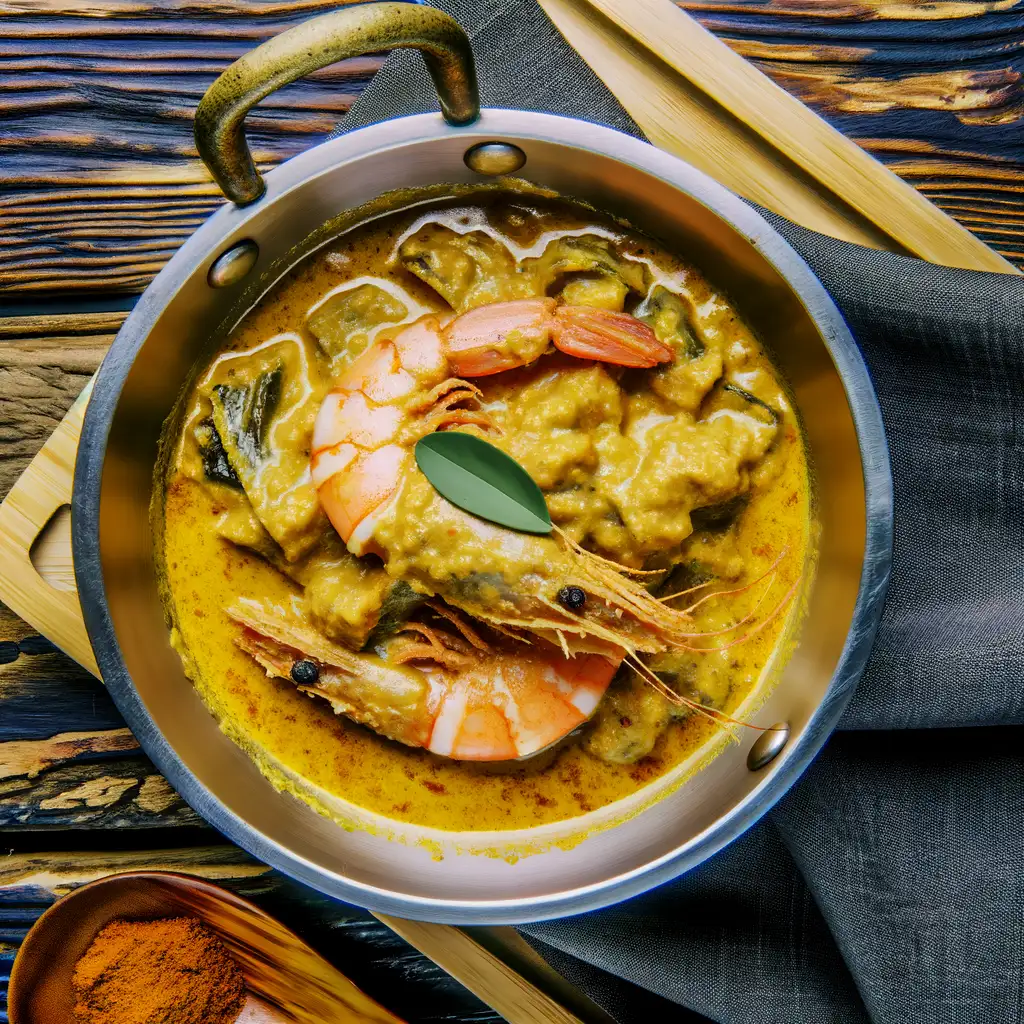
A creamy prawn curry made with coconut milk and spices, offering a rich and flavorful experience.
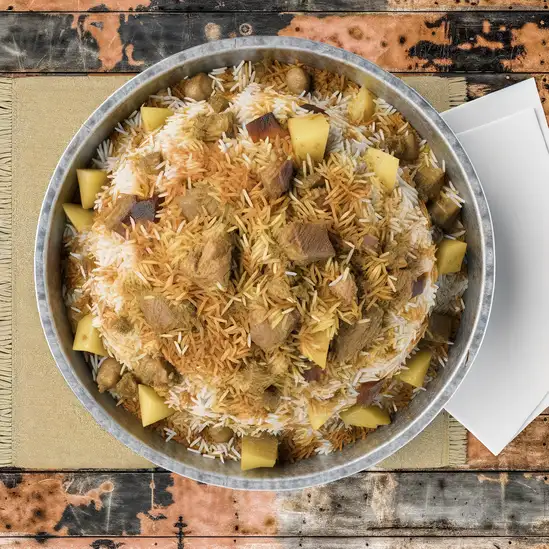
A fragrant rice dish cooked with marinated meat, spices, and sometimes potatoes, often served with raita and salad.
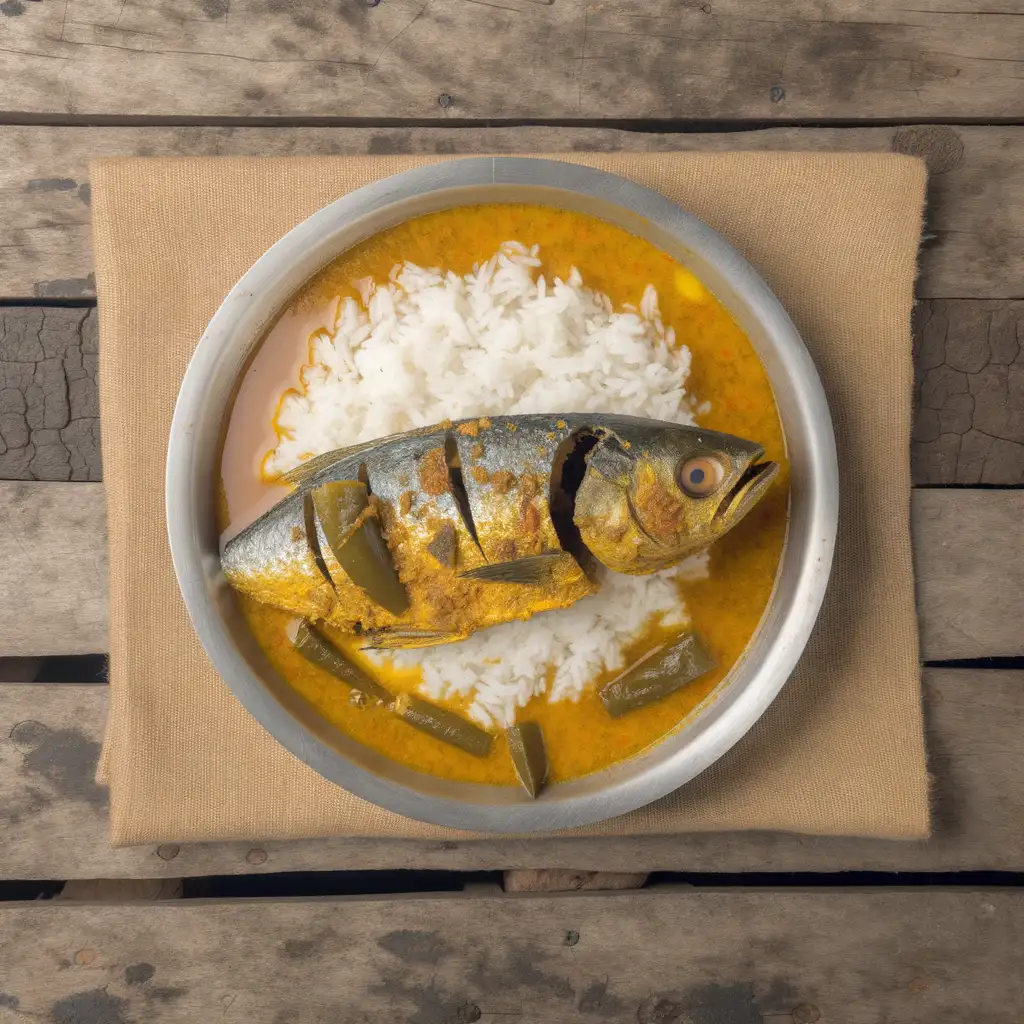
A traditional Bengali dish made with the iconic Hilsa fish, cooked in mustard oil and spices, often enjoyed with steamed rice.
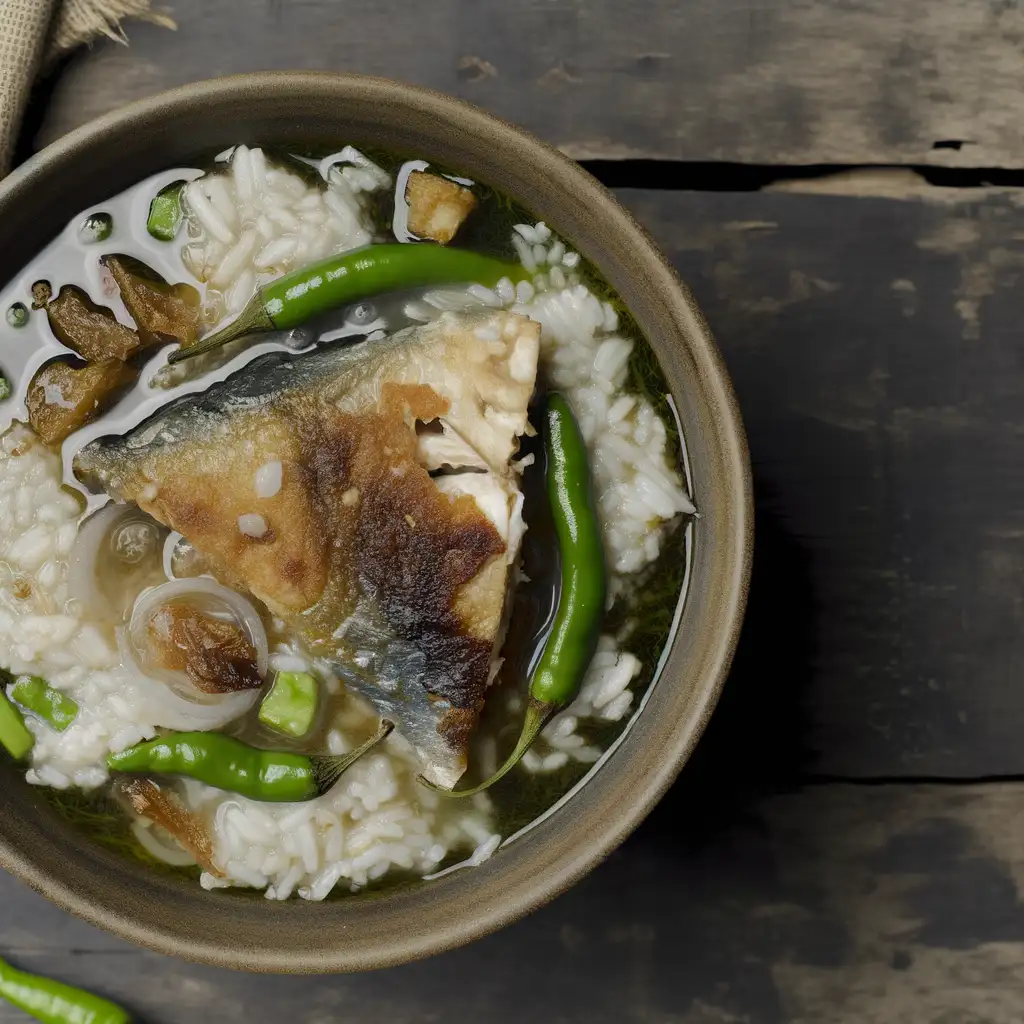
Fermented rice soaked in water, typically served with fried fish, green chilies, and onion, popular during the Bengali New Year.
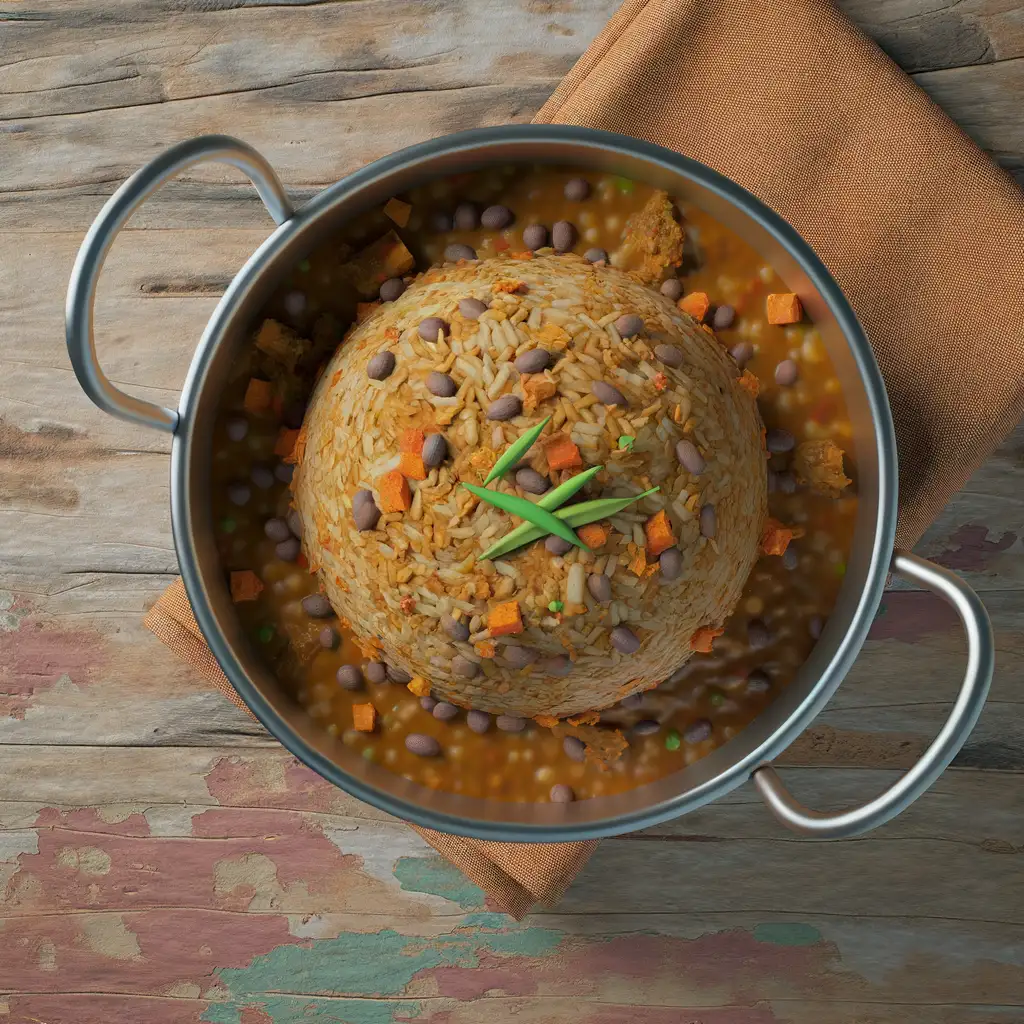
A comforting one-pot dish made with rice, lentils, and spices, often cooked with meat or vegetables, especially during the monsoon.
.webp)
Crispy hollow puris filled with a spicy mixture of tamarind water, chickpeas, and potatoes, a popular street food snack.

Hilsa fish cooked in a mustard sauce, a classic Bengali dish that highlights the flavors of mustard and spices.
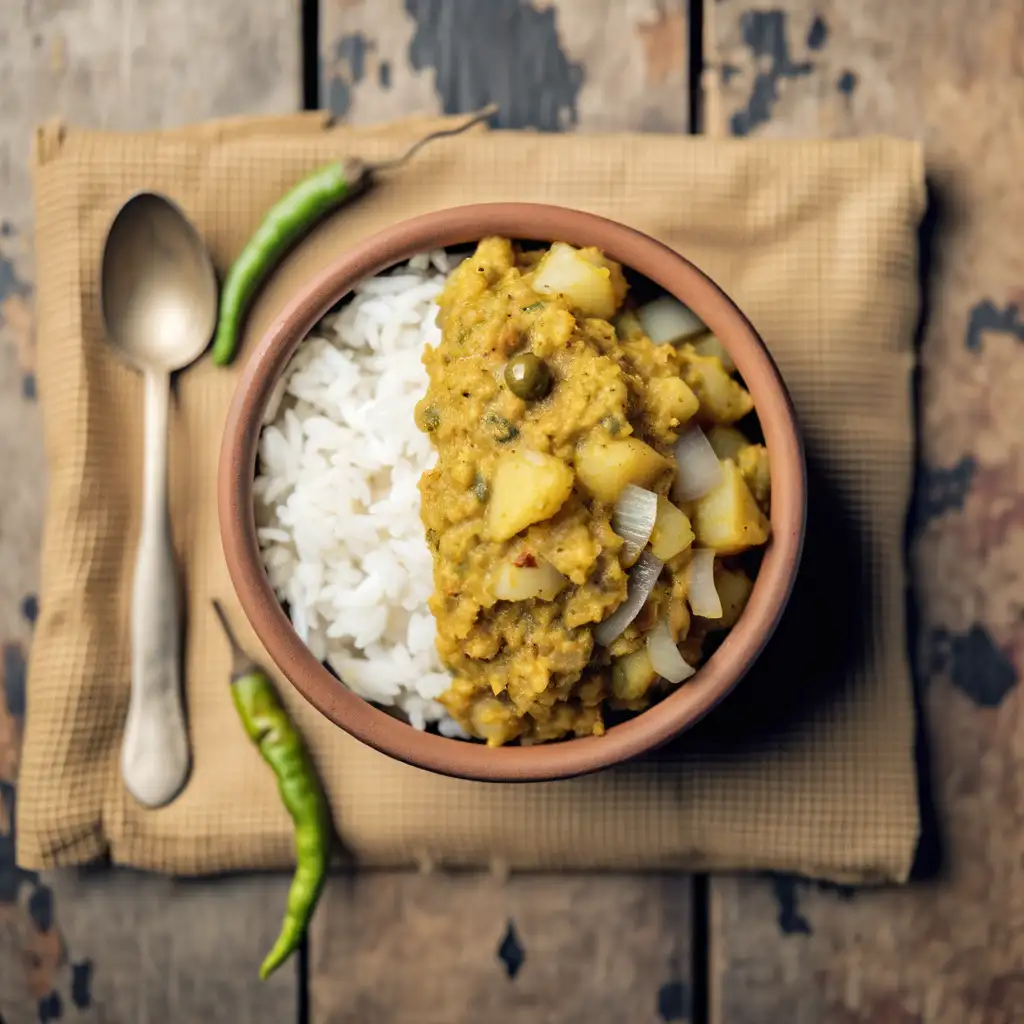
Mashed potatoes mixed with mustard oil, onions, and green chilies, served as a side dish with rice and lentils.
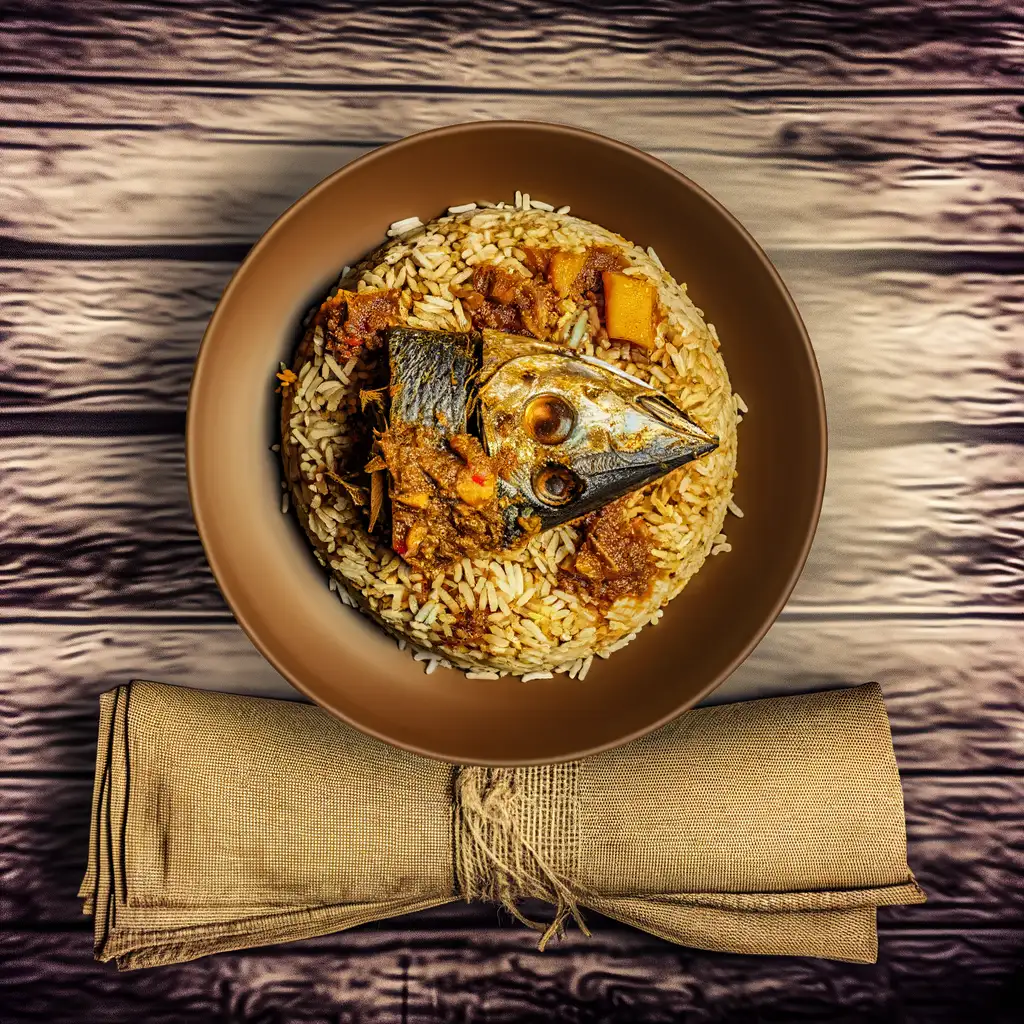
A flavorful rice dish made with fish head and spices, often enjoyed with a side of vegetables.
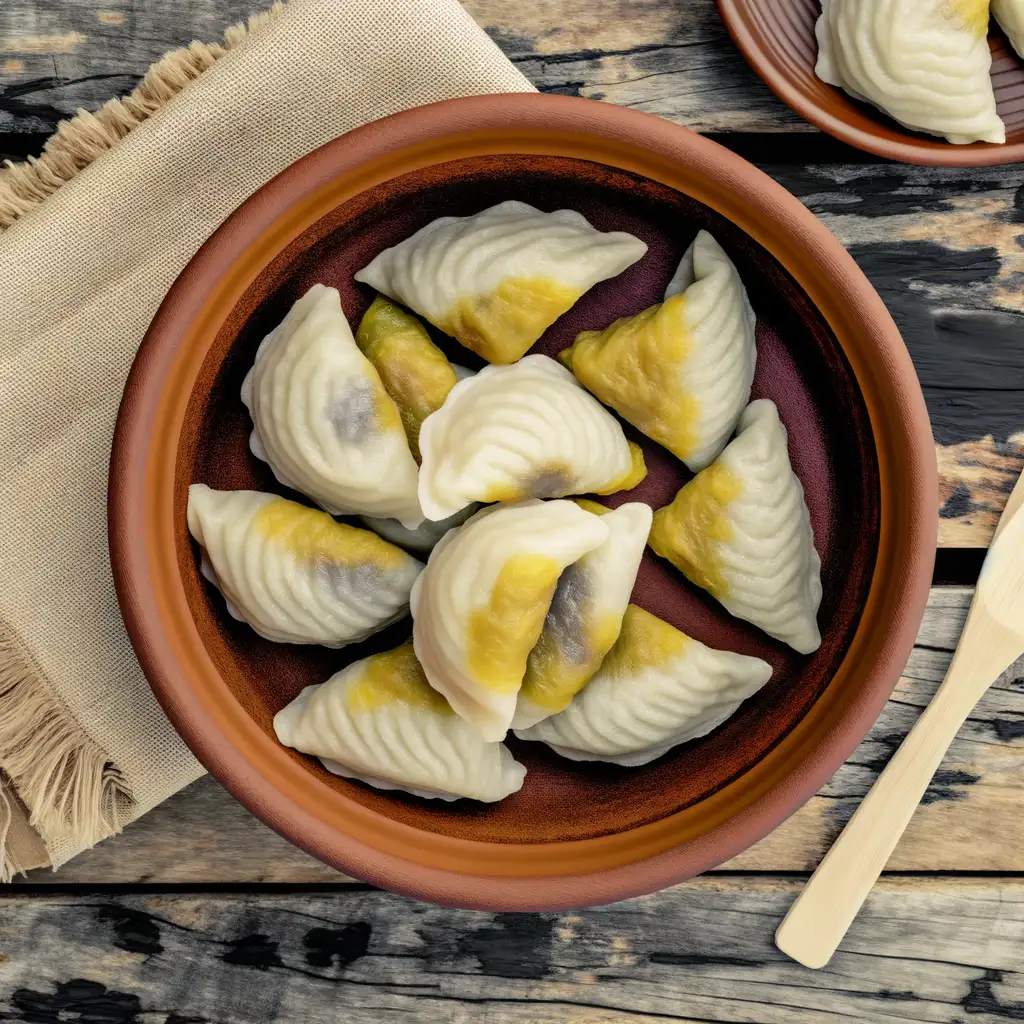
Traditional rice cakes or dumplings, often filled with sweet or savory ingredients, popular during winter festivals.
If you ever find yourself in Male,Maldives,get ready to be swept up by a vibrant little city that pulses with island life and unexpected energy. It’s not your typical tropical getaway where everything feels distant and quiet—instead,Male buzzes with a lively rhythm,where the scent of salty ocean air mingles with the aroma of fresh spices from bustling street markets. Walking through its narrow streets,you’ll hear the chatter of locals,the hum of motorbikes,and the occasional call to prayer echoing from the mosques,all blending into a soundtrack that feels both ancient and alive.
What’s really captivating about Male is how it balances tradition and modernity. You’ll see colorful buildings painted in bright pastels,fishing boats bobbing in the harbor,and sleek cafes serving up rich Maldivian coffee alongside international flavors. The city’s compact size means you can explore on foot,discovering little corners where vendors sell fragrant tropical fruits or where fishermen unload their fresh catch of the day. The warmth of the people here is palpable—they’re proud of their culture and eager to share stories if you stop to chat.
And don’t miss the chance to taste the local cuisine—imagine biting into a spicy mas huni breakfast,where shredded tuna,coconut,and chili dance on your tongue,or savoring grilled seafood fresh from the Indian Ocean. Male isn’t just a gateway to the Maldives’ famous resorts; it’s a lively,sensory-rich place that invites you to slow down,soak in the island spirit,and feel connected to a culture that’s as deep as the surrounding blue waters.
Imagine stepping into a place where the air hums with the gentle rhythm of waves lapping against sun-warmed shores,and the scent of salty sea mingles with fragrant street food stalls. That’s Phuket for you—a vibrant island that feels alive in every sense. It’s not just the stunning beaches that grab you,but the way the island pulses with a laid-back energy,where colorful markets buzz with chatter and the aroma of grilled seafood fills the air. Walking through the old town,you’ll find charming Sino-Portuguese buildings painted in pastel hues,their shutters creaking softly in the tropical breeze,while tuk-tuks zip by,adding a playful soundtrack to your explorations.
Phuket’s character is a beautiful blend of tradition and liveliness. Temples with golden spires peek out from lush greenery,inviting quiet moments of reflection,while nearby,night markets burst with life—vendors calling out,sizzling woks,and the sweet tang of mango sticky rice tempting your taste buds. The island’s culture is warm and welcoming,with locals who smile easily and share stories over cups of strong Thai coffee or fresh coconut water.
What makes Phuket truly special is how it wraps you in its embrace—whether you’re watching a fiery sunset from a cliffside bar,diving into crystal-clear waters teeming with vibrant marine life,or simply savoring the spicy kick of a freshly made curry. It’s a place that invites you to slow down,soak in the colors,sounds,and flavors,and leave with a heart full of unforgettable moments.
If you step into Colombo District,you immediately feel the pulse of a city that’s both vibrant and laid-back,where old-world charm meets modern hustle. Imagine walking along bustling streets lined with colonial-era buildings,their faded facades telling stories of a rich past,while sleek glass towers rise nearby,reflecting the tropical sun. The air carries a mix of scents—spices from street food stalls,salty sea breeze from the nearby coast,and the faint aroma of jasmine from roadside vendors. It’s a place where the sounds of honking tuk-tuks blend with the call to prayer and the laughter of children playing in small parks.
Colombo’s character is a beautiful mosaic of cultures. You’ll find Buddhist temples nestled beside mosques and churches,and markets where Tamil,Sinhalese,and Muslim communities come together in a colorful dance of languages and traditions. The city’s food scene is a feast for the senses—imagine biting into a crispy hopper drizzled with coconut sambol or sipping on a strong,sweet Ceylon tea while watching the sunset over Galle Face Green,where locals fly kites and families gather to unwind.
What makes Colombo truly special is its warmth. Despite the city’s fast pace,there’s a genuine friendliness in the smiles of shopkeepers and the inviting chatter in cafés. It’s a place where you can lose yourself in vibrant street art one moment and find quiet reflection in a serene temple garden the next. Colombo isn’t just a destination; it’s an experience that stays with you long after you leave.
Bali feels like stepping into a vibrant dream where every corner pulses with life and warmth. From the moment you arrive,there’s this unmistakable energy—part spiritual,part playful—that wraps around you like a soft,tropical breeze. Imagine waking up to the gentle rustle of palm leaves and the distant sound of waves crashing against volcanic black sand beaches. The air carries a mix of frangipani blossoms and salty sea spray,instantly grounding you in the island’s natural beauty.
What really makes Bali special is its rich culture woven into everyday life. You’ll see locals in colorful sarongs offering flowers at temple steps,hear the rhythmic beat of gamelan music drifting through the air,and catch glimpses of intricate wood carvings and vibrant paintings in small artisan shops. The island’s spirituality isn’t just something you observe—it’s something you feel,a quiet presence that invites you to slow down and connect.
And then there’s the food—oh,the food! Freshly grilled satay,fragrant nasi campur bursting with spices,and tropical fruits so sweet they almost taste like candy. Whether you’re dining in a bustling market or a cliffside café overlooking the ocean,every bite feels like a celebration of Bali’s rich flavors and traditions. Honestly,Bali isn’t just a place you visit; it’s a place that stays with you,long after you’ve left.
Imagine stepping into a city where sleek skyscrapers meet lush greenery,and every corner hums with a vibrant energy that’s both modern and deeply rooted in tradition. That’s Singapore for you—a place where the air carries the fragrant mix of blooming orchids and sizzling street food,and the streets buzz with a blend of languages and laughter. Walking through neighborhoods like Chinatown or Little India,you’ll catch the rich aromas of spices mingling with the sweet scent of tropical fruits,inviting you to explore further.
What’s truly captivating about Singapore is how effortlessly it balances the fast-paced pulse of a global hub with pockets of serene beauty. You can be wandering through the futuristic Gardens by the Bay one moment,marveling at the towering Supertrees glowing softly at dusk,and the next,find yourself savoring a bowl of laksa or chili crab at a bustling hawker center,surrounded by locals chatting animatedly. The city’s character shines through its people—warm,diverse,and proud of their heritage,yet always welcoming.
There’s a rhythm here that’s both energizing and comforting. Whether you’re cycling along the waterfront,catching a sunset over Marina Bay Sands,or simply sipping kopi in a cozy café,Singapore invites you to slow down and soak in its unique blend of cultures,flavors,and sights. It’s a city that surprises you with its layers,making every visit feel like a new discovery.
Kuala Lumpur feels like a vibrant heartbeat pulsing through the heart of Malaysia—where tradition and modernity dance effortlessly together. The moment you step into the city,you’re greeted by the towering silhouettes of the Petronas Twin Towers piercing the sky,their glass facades shimmering against the tropical sun. But it’s not just the skyline that captivates you; it’s the lively street scenes below. The air buzzes with the chatter of street vendors,the sizzle of satay grilling over open flames,and the sweet aroma of pandan and lemongrass wafting from bustling food stalls.
Walking through neighborhoods like Bukit Bintang or Chinatown,you’ll find a kaleidoscope of colors and sounds—vibrant markets brimming with spices,textiles,and handcrafted trinkets,while the calls to prayer from nearby mosques blend harmoniously with the hum of city life. The city’s rich cultural tapestry is woven from Malay,Chinese,and Indian influences,creating a unique blend you can taste in every bite of nasi lemak or teh tarik.
What I love most is how Kuala Lumpur never feels rushed. Whether you’re sipping kopi at a roadside stall or wandering through the lush greenery of the KL Forest Eco Park,there’s a warm,welcoming energy that invites you to slow down and soak it all in. It’s a city that surprises you at every turn—full of contrasts,flavors,and stories waiting to be discovered.
Tourists might be given counterfeit currency or incorrect amounts when exchanging money at unofficial exchange points.
Scammers may approach tourists asking for donations to fake charities or causes.
Individuals posing as official tour guides may offer their services and charge high fees for providing inaccurate or misleading information.
Tourists may be directed to unofficial websites or agents who take payments for non-existent hotel reservations.
Crowded areas, such as markets and public transport, are hotspots for pickpockets targeting tourists.
Tourists may be charged excessively high fares by rickshaw drivers who take advantage of their unfamiliarity with local rates.
Vendors may inflate prices of goods or souvenirs when they identify someone as a tourist.
The use, possession, and trafficking of illegal drugs are strictly prohibited in Bangladesh, including Dhaka. The country has stringent laws and severe penalties for drug-related offenses, including long prison sentences and heavy fines. Tourists should avoid any involvement with illegal drugs to avoid legal issues.
In Dhaka, Bangladesh, smoking is prohibited in public places and public transport under the Smoking and Tobacco Products Usage (Control) Act. Designated smoking areas may be available in some establishments, but it is generally advised to avoid smoking in public to adhere to local regulations.
Vaping is not as widely regulated as smoking in Bangladesh, but it is advisable to follow similar guidelines as smoking. Avoid vaping in public places and be mindful of local customs and regulations, as enforcement can vary.
What are other people saying about Dhaka?
Recent Social posts about Dhaka
There is nothing to show you for now.